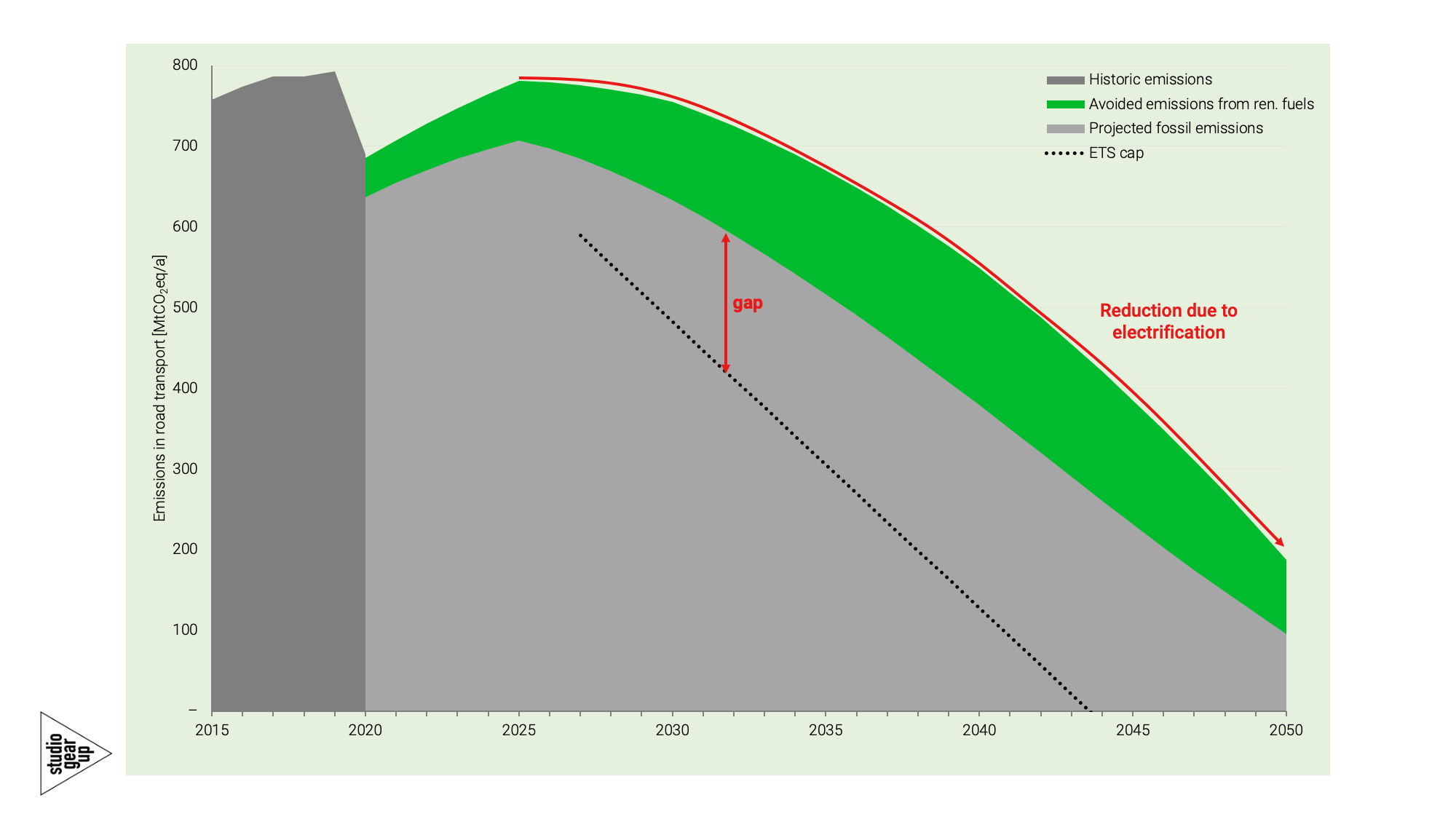Date: Friday, September 29th, 2023
Time: 9:30 – 17:00
Location: Hotel Jakarta, Amsterdam, the Netherlands
Admission (all prices excl. VAT)
Early bird tickets (register before August 28th):
€ 575,- or € 125,- for academia/NGO
Normal tickets:
€ 875,- or € 175,- for academia/NGO
Limited free spaces for students
Europe is set to introduce a second emission trading system (ETS 2) which will expand the scope to include emissions from road transport and building sectors. The ETS 2 will also make it necessary to buy emissions allowances for fossil fuel combustion in manufacturing and construction industries, which are not already included in the scope of the current ETS.
These developments mean a vast expansion in the scope of coverage of the emissions trading system, ETS II will cover more emissions than the current ETS. Moreover, the budget of available allowances will decline more than twice as fast as the current ETS.
In this upcoming workshop, studio Gear Up will unveil the latest findings, based on recent developments of this legislation. In the morning session, we will present our analysis to identify the scope of coverage and emissions share of the sectors covered in ETS II. We explore concepts, such as, abatement opportunities and the Market Stability Reserve (MSR). Finally, we will also discuss key factors which influence the ETS prices and the mechanisms through which they operate.
In the afternoon session, you will be able to participate in our interactive ETS II game. Designed specifically to provide deeper insights on the dynamics of ETS II, you will be able to explore how potential strategies could turn out. From a company perspective, you will be able to enhance your understanding of the process of auctioning and trading of allowances. Bringing in the learning concepts from the morning session (such as abatement strategies, front loading and the MSR) into an interactive environment, we will simulate the process of reaching zero GHG emissions in these new sectors by mid-2043!

In our previous workshop, we explored the proposed legislative documentation, and the implication of expanding the ETS to include the road and building sectors. Looking at the impact on the European market, our analysis showed that given the proposed linear reduction factor the road transportation sector requires substantial growth in the volume of renewable fuels.





